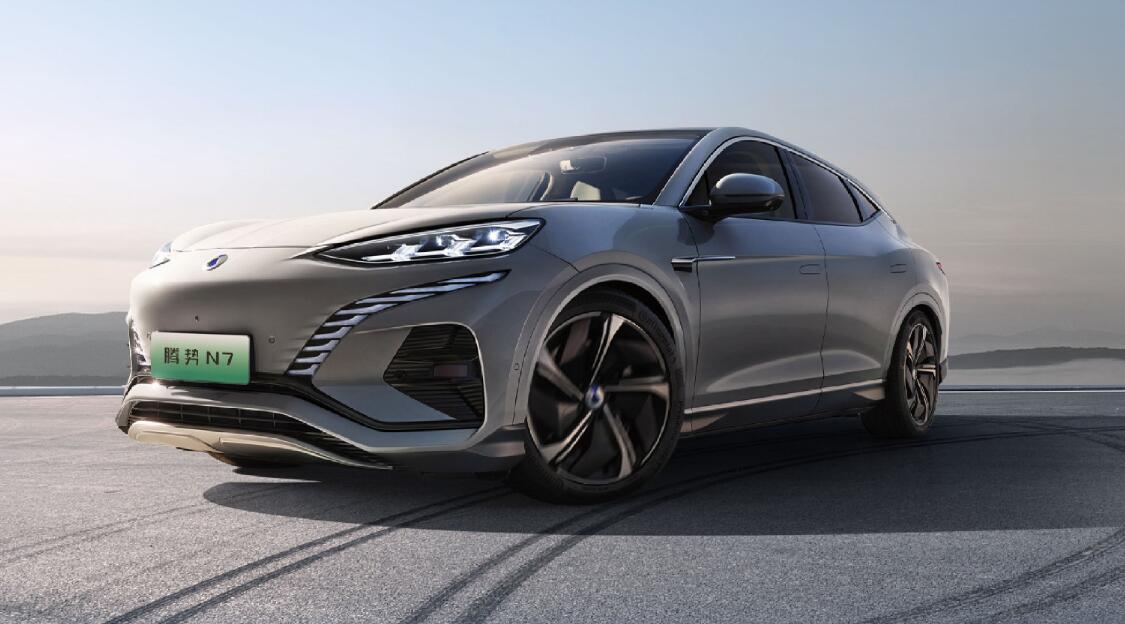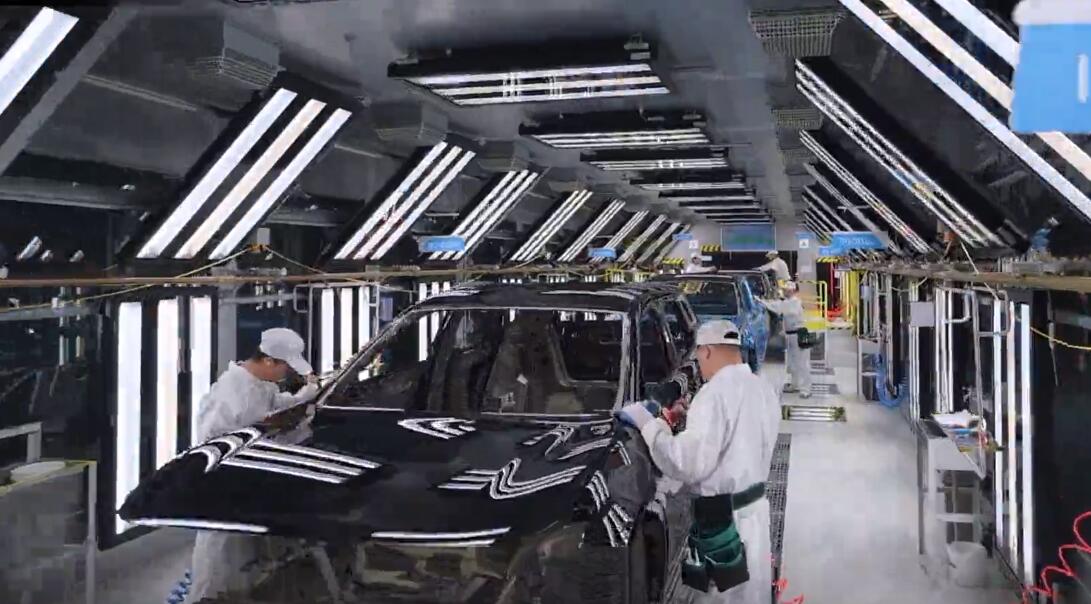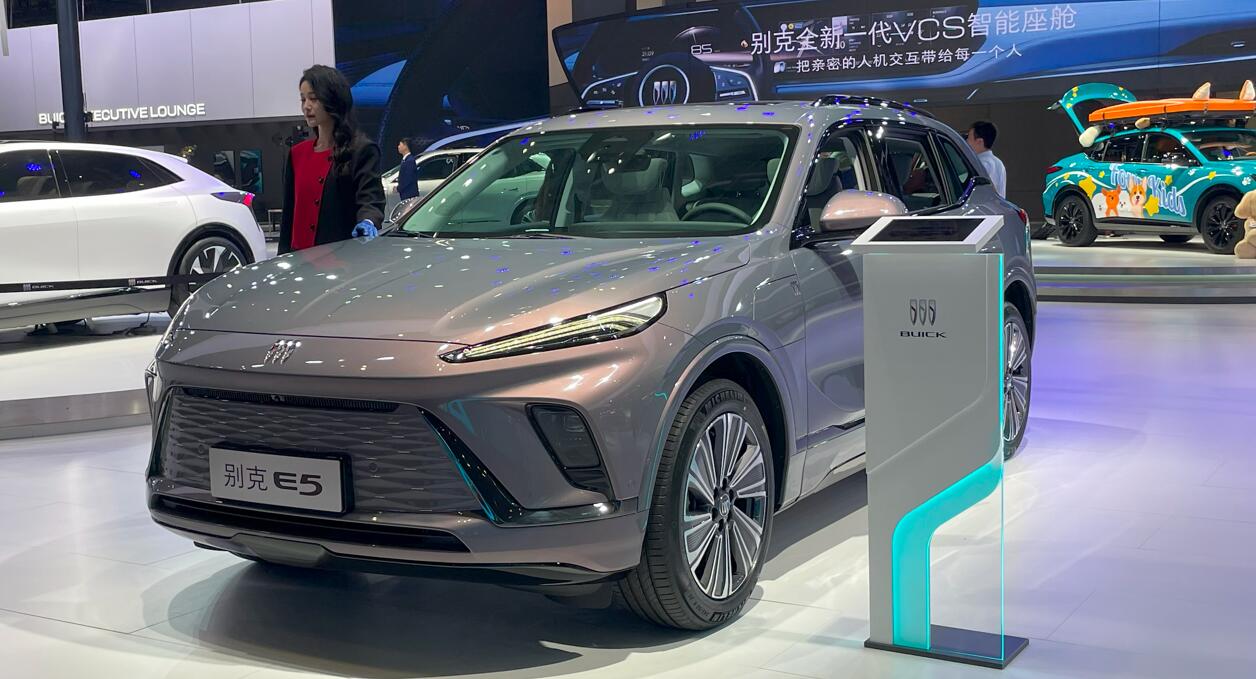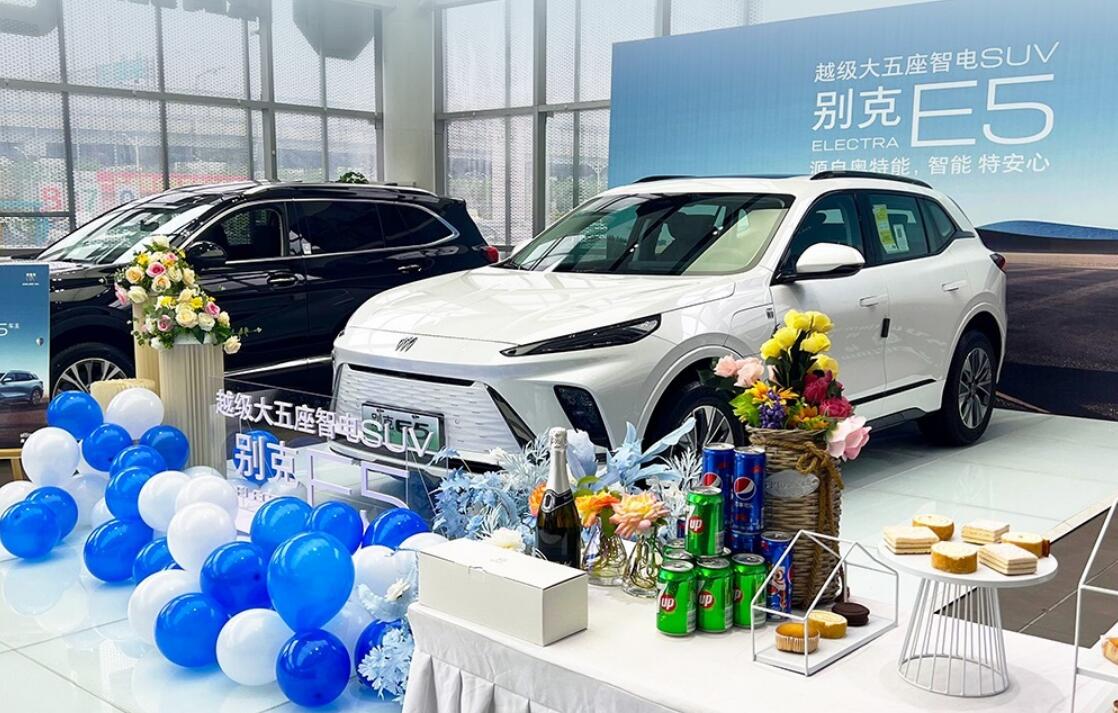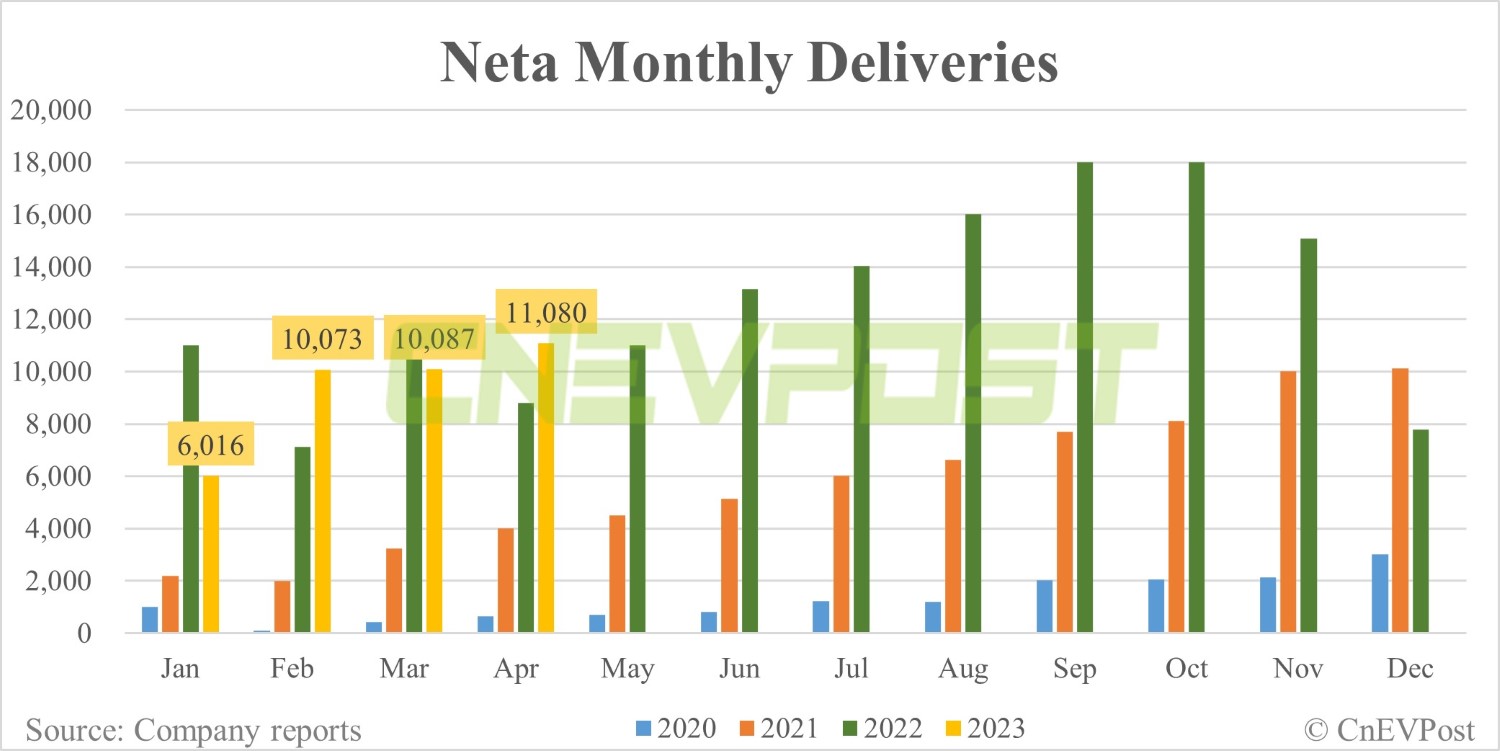The Geely Galaxy L7 is available in five versions with a starting price of RMB 138,700, or about $19,500.

(Image credit: Geely Galaxy)
Geely Galaxy, the new energy vehicle (NEV) sub-brand of Geely Auto Group, has made its first model, the L7, available to gain share from the plug-in hybrid market.
Geely Galaxy officially made the L7 available in China at a launch event yesterday, offering five versions with starting prices of RMB 138,700 ($19,500), RMB 143,700, RMB 153,700, RMB 163,700, and RMB 173,700, respectively.
The Geely Galaxy L7 is a hybrid SUV with a length, width and height of 4,700 mm, 1,905 mm and 1,685 mm, respectively, and a wheelbase of 2,785 mm.
Based on the e-CMA architecture, the vehicle is powered by a 1.5T four-cylinder engine with a combined maximum system power of 287 kW and a combined maximum torque of 535Nm and can accelerate from 0 to 100 km/h in 6.9 seconds.

The Geely Galaxy L7 has two battery range options, with a CLTC pure electric range of 55 km and 115 km respectively. The model has a combined range of up to 1,370 km on full fuel and full charge.
The car is powered by a 1.5T engine with a thermal efficiency of 44.26 percent, ranking first among known production engines, said Geely Galaxy.
The Geely Galaxy L7 supports fast charging and external discharge, taking 30 minutes to replenish energy from 30 percent to 80 percent.
The vehicle uses the Qualcomm Snapdragon 8155 chip, the cockpit chip currently used in mainstream flagship electric vehicles in the Chinese market.

First deliveries of the L7 will begin on June 13, Geely Galaxy said.
Geely Auto Group officially launched the new Geely Galaxy brand on February 24 and unveiled its first production model, the L7.
Geely Galaxy plans to launch a total of seven models by 2025, including four plug-in hybrids in the L-series and three all-electric models in the E-series.
Geely Galaxy will launch the L6 in the third quarter of 2023, the L5 in the second quarter of 2024, and will launch the L9 in 2025.
In the all-electric product sequence, Geely Galaxy will launch the Galaxy E8 in the fourth quarter of 2023, the Galaxy E7 in the second quarter of 2024, and the Galaxy E6 in the third quarter of 2024.
Geely Auto Group CEO Gan Jiayue said in January that the group's sales target for 2023 is 1.65 million vehicles, including 600,000 NEVs.
Geely Auto Group sold 1.43 million vehicles in 2022, up 8 percent from a year earlier, including about 330,000 NEVs, according to data monitored by CnEVPost.
In April, the group sold 113,642 vehicles, up 3 percent from 110,300 in March, according to data it released last month.
($1 = RMB 7.1116)
Geely Galaxy brand officially launched, to roll out 7 models by 2025
The post Geely Galaxy launches 1st model L7 to gain share in hybrid market appeared first on CnEVPost.
For more articles, please visit CnEVPost.













